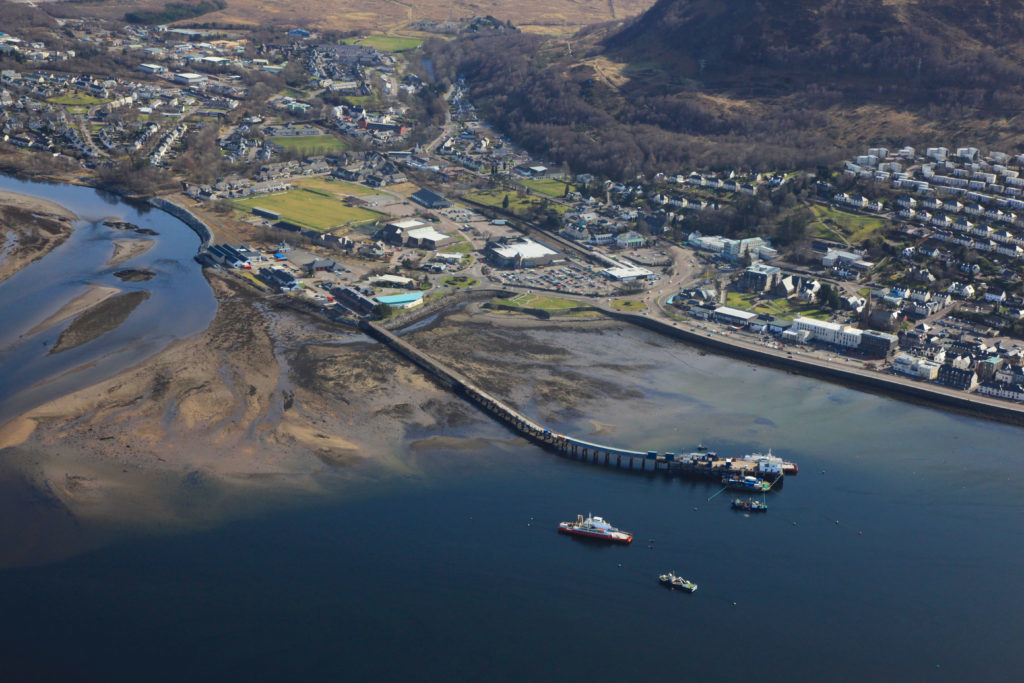
There was fresh hope last night that new owners will be found to continue the work of a world-leading Highland subsea training centre that went into administration earlier this month.
A “number of proposals” for the Underwater Centre, at Fort William, are being pursued, according to the chief executive of Highlands and Islands Enterprise (HIE), who added that the development agency was “hopeful of a positive outcome.”
And administrators appointed when the business collapsed a fortnight ago also said there was a “high level of interest” in the facility.
The future of the 46-year-old centre’s 50-strong workforce was cast into doubt when it ceased trading on October 18, following a two year battle to keep it open with government and oil and gas industry support.
Members of HIE’s board were updated on continuing efforts to save the facility when they met in Oban this week.
Following the meeting, the Scottish Government-funded agency’s chief executive, Charlotte Wright, said: “We have had a number of conversations with the administrators over the past two weeks and there are a number of proposals being pursued with them. We remain hopeful of a positive outcome to this process.
“The Underwater Centre is a unique asset and a very important one to the Fort William area and it is vital that everything is done to try and ensure that its future can be secured.”
Gordon MacLure and Donald McNaught, from the Aberdeen offices of accountancy firm Johnston Carmichael have been handling the centre’s affairs since being appointed joint-administrators.
Yesterday, Mr McNaught said: “We are still at the early stages of speaking to interested parties. But we do believe there is there is an opportunity. There is only one other facility delivering the kind of services provided by the centre in the world.
“Interest remains high at this early stage. We are grateful to HIE for working closely with us on this.”
Set up by the government in 1972 and mainly used by the offshore energy industry, the centre had been training more than 200 saturation diving and remotely-operated vehicle (ROV) students each year. It was one of two facilities globally to offer closed bell training for divers.
After a restructuring as its financial difficulties mounted, it began operating as a not-for-profit company in May, with public and private sector backing from HIE, Oil and Gas UK, Subsea7, TechnipFMC and Premier Oil.